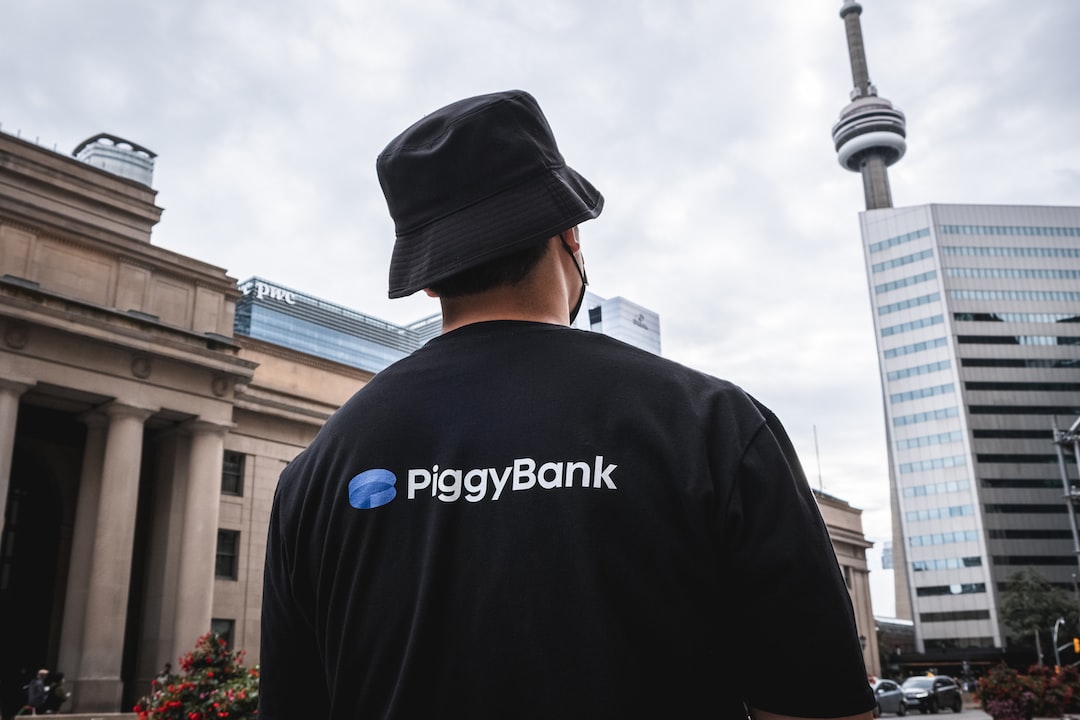Forex brokers deposit when you buy because it is a necessary step in the process of trading currencies. When you buy currency, you are essentially borrowing money from the broker. The broker then deposits the funds into your account, allowing you to trade with leverage.
Leverage is a powerful tool in forex trading. It allows you to control a larger position than you would be able to with your own funds. For example, if you have $1,000 in your account and your broker offers a leverage of 100:1, you can control a position worth $100,000. This magnifies your potential profits, but it also magnifies your potential losses.
To protect themselves from losses, brokers require a deposit when you buy. This deposit is known as a margin. The margin is a percentage of the total value of the position that you are opening. For example, if you want to buy $100,000 worth of currency and your broker requires a margin of 1%, you would need to deposit $1,000 into your account.
The margin serves as collateral for the broker. If your trade goes against you and you start losing money, the broker can use the margin to cover their losses. If your losses exceed your margin, the broker will issue a margin call, which requires you to deposit more funds into your account to cover the losses.
Margin requirements vary between brokers and between currency pairs. Major currency pairs like EUR/USD and GBP/USD typically have lower margin requirements than exotic currency pairs like USD/ZAR or USD/TRY. This is because major currency pairs are more liquid and less volatile, making them less risky for brokers.
Brokers may also offer different levels of leverage depending on your account balance and trading experience. Higher account balances and more experienced traders may be eligible for higher levels of leverage. This is because they are considered to be more capable of managing the risks associated with leverage.
In addition to margin requirements, brokers may also charge other fees and commissions. These can include spread, which is the difference between the bid and ask price of a currency pair, and swap, which is the interest rate differential between the two currencies in a pair.
When choosing a forex broker, it is important to consider all of these factors. You should look for a broker with competitive margin requirements, low fees and commissions, and a user-friendly trading platform. You should also make sure that the broker is regulated by a reputable authority, such as the Financial Conduct Authority (FCA) in the UK or the National Futures Association (NFA) in the US.
In conclusion, brokers deposit when you buy in forex because it is a necessary step in the process of trading currencies with leverage. The margin serves as collateral for the broker and helps to protect them from losses. When choosing a forex broker, it is important to consider all of the factors that can affect your trading experience, including margin requirements, fees and commissions, and regulation.





